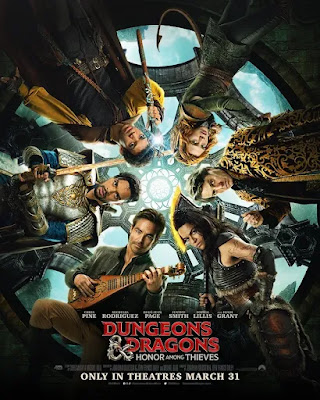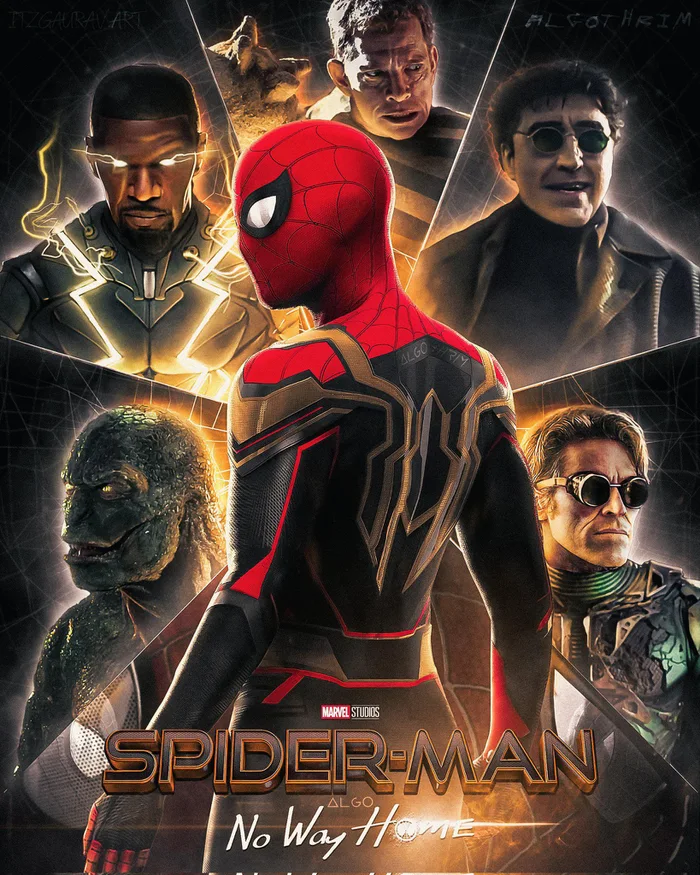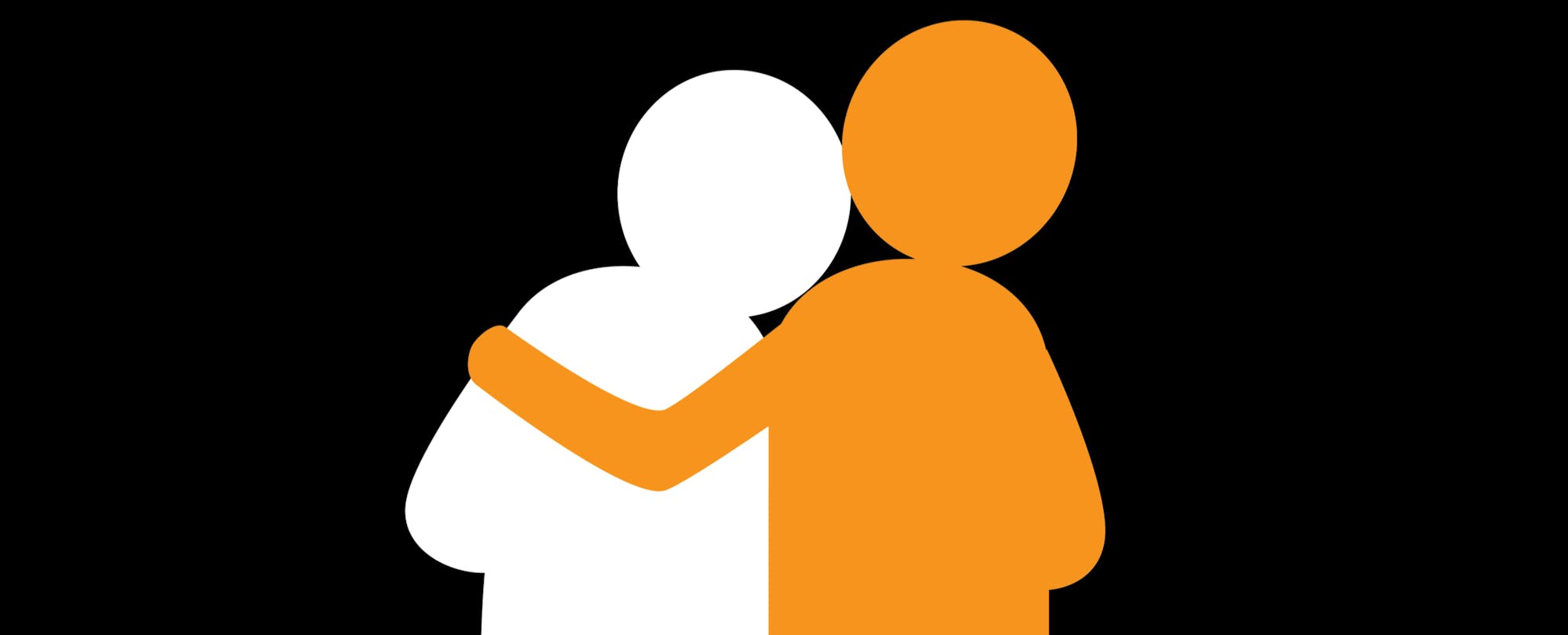It has been almost 4 years since Lyle Mays passed away. I knew him as the co-principal of The Pat Metheny Group (PMG), which I happened to delve into deeply towards the end of my (Messiah) college days. In fact 2005 - the year I graduated - stands out to me because as I was preparing to head back home to Kenya, the group released their last album: the magnus opus, "The Way Up". In a strange way, I got acquainted with them in their last iteration, but worked up to discovering a host of other gems that they had made in their long storied careers. Most of the music they made is timeless, classic, so much so that it pretty much stands up to scrutiny till this day. Later on I found out that Lyle - encouraged by Pat - had dabbled as a single artist and had 4 solo albums to his name: his eponymous first album - Lyle Mays, Street Dreams, Fictionary and Solo Improvisations for Expanded Piano.
On the day of his passing (10th Feb 2020), I couldn't help but listen to "September 15th", Pat and Lyle's dedication to commemorate the passing of Bill Evans. The beauty and intricacy of the piece speaks to my heart regardless of the season as it wasn't written to be a dirge: it's a ballad, a waltz, a true work of art celebrating an inspiration. It is fitting that the piece that Pat and Lyle crafted together so long ago could provide the solace needed; to calm the waters on his sudden demise. September 15th happens to be the birthday of a very good friend from College (Janice), and I do believe I have tried to have her listen to the piece.
Lyle was a master of his craft, classically trained but incorporating all the new elements that were being fused into Jazz in those early seminal years. His profile speaks of his excelling in multiple arenas - mathematics, architecture and even computing. As technical an instrument as the piano is, I'm convinced that learning to play and master it just ends up wiring a brain for greater things. I recall that my College Organic Chemistry teacher was a beast on the keys; probably wasn't a coincidence.
I do not have the technical skill to unwind and lay out all the "voodoo" that Mr. Mays was able to convey through the keys, but I think that I can share my passion for his music. What better way really is there for me to introduce anyone to the world of Lyle Mays than to share a few choice songs of his that have impressed me through the years. Now Lyle mixed things up quite a bit; he was the soul of the PMG, and with his playing he provided a sort of sonic score/scaffolding upon which many of their songs were based. Sometimes the playing was orchestral, straight ahead, "smooth" or downright even avant garde and crazy; there really is something for everyone to appreciate from the easily approachable songs to some of those technique-heavy songs that maybe only true music majors would appreciate.
Here's my list:
- September 15th - Cannot sing enough praise for this song. It just has to be heard for you to understand
- Slink - Wonderful jazz bassline, but there is some dissonance between the sax, piano (synth) and guitar. All that notwithstanding, still a very beautiful song with a whole lot of soul.
- Mirror of the Heart - Beautiful ballad which shows off his ability to weave the tapestry of a tune in many directions. I think if you want an idea of what he can do in his longform compositions, this is a good starter. For more obvious longform work there's always Solo Improvisations for Expanded Piano.
- Alaskan Suite: Ascent - The Alaskan Suite consists of 3 portions with more shared elements between Parts 2 and 3. I've always gravitated to Part 3: Ascent. Bill Frisell's guitar playing is as dissonant an element as you're ever going to get, but the Sax seems a bit dissonant too. Too go from all that to the beautiful final section is a work of genius that brings this work home.
- Close to Home - A song conveying a deep longing, yearning, but he plays it somewhat upbeat. Even without lyrics, he gets the job done. Consequently, even when lyrics are applied to the song (like Milton Nascimento's "Quem é você), the eternal beauty remains. I think we could do it justice with some Kiswahili lyrics.
- Ozark - If you ever needed any proof that Lyle was no slouch on the piano! Just listen to him cut loose on that piano.
- The Awakening - I'm sad that no live version (by the PMG) of this song exists. Apparently, it was something that they just felt they couldn't get right live. This is a tight structured 9:28 that was built to evoke the hills and nature of Scotland (an aire). The whole group is in on this, but Lyle's piano is the most prominent element. This song is a literal rollercoaster from start to finish and well worth the playing time. They managed to weave a portion of "Imaginary Day" just prior to this song crescendo-ing into heights unknown. This truly was the highlight of "Imaginary Day".
- Farmer's Trust - As I've written before, I came across this at the end of the movie "Fandango" (Goodbye Dorman), and I remember thinking that this was probably just a beautiful score element from the movie. It is a beautiful sparse piece that evokes the beauty of a picturesque forlon landscape. Definitely one of my all time faves.
- Travels - Yet another song that I think could benefit from a rendition with added Swahili lyrics. In the vein of PMG songs that convey longing and distant travel through lands unknown, this is your elixir. There are multiple versions of this song, but the best version is indeed the PMG version of the live album.
- Street Dreams (4) - Street Dreams is actually a suite of 4 songs, but I gravitate towards Part 4 because it has this beautiful R&B vibe. For the longest time, I felt like Janet Jackson's "Living in a World (they didn't make)" and it's "Interlude" were in fact built off of this song.
- Street Dream (2) is a sweet listen too and quite a riot because its drumline suggests something Brazilian inspired, but the initial piano orchestration seems to do away with that thought; then they cut loose, and show that Brazil/Samba was the plan all along.
- San Lorenzo - The longest piece from their White Album (clocking in at 10:14), this is some of the PMG's older work, but it has aged well. The song is built beautifully off of Lyle's playing, and waxes and wanes with a mastery that was proof of what was later to come from the group.
- Minuano (Six Eight) - This is one of their longform songs that's easy to miss if you can't sit patiently for the 2nd act to begin. The intro in no way prepares you for where the rest of the song is headed. If you stay the course, the experience is worth it. (Most live performances by the PMG in latter years did away with the intro).
- Dream of The Return - Pedro Aznar sings on this song in Spanish no less, but that doesn't diminish this in the least. Lyle's piano lays the soulful base for this song.
- Letter From Home - Equal parts Mays and Metheny giving us a short and sweet 'dirge'.
- Badland - I decided to throw in one of their slightly crazy arrangements. When they did this album (Quartet), they sometimes strove for the unusual like Lyle playing on a not-quite properly tuned piano. The strings on this piece get a bit jarring, but this is one of those "you can't appreciate the sweet without the sour" kind of moments; very beautiful resolution.
- Language of Time - Don't know why this song struck me as being "mathematical"; the groovy bassline in this, especially the song's resolution casts some very much needed light on Steve Rodby, one of their longterm staples. Straight ahead jazz for those who'd appreciate it.
- Across the Sky - This is a rather subdued song. Don't know what Lyle is playing on those keys, but it is dissonant enough to give this song a rather spooky feel. Note: watching the live version of this is impressive for just how much Pat was shredding through the song, forgoing his subdued playing on the album and just cutting loose.
- Proof - The PMG in the start of their last iteration. There are 3 solos in this song, but it takes flight when Lyle is allowed to soar on those keys. A special moment to look out for in the end is the interplay of Pat, Lyle, Cuong Vu accentuated by Antonio Sanchez's cymbal work. Never gets old.
- The Way Up - The Magnus Opus. Where they put it all together. Pat always looked at their songs, all the albums they did together as this long continuous work. This is a long suite: 68 minutes to be exact, and some parts of it stand out as easier listening than other; but it is a beautiful cohesive work. It is a work of art








